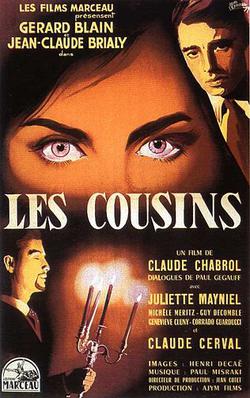A blog formerly known as Bookishness / By Charles Matthews
"Dazzled by so many and such marvelous inventions, the people of Macondo ... became indignant over the living images that the prosperous merchant Bruno Crespi projected in the theater with the lion-head ticket windows, for a character who had died and was buried in one film and for whose misfortune tears had been shed would reappear alive and transformed into an Arab in the next one. The audience, who had paid two cents apiece to share the difficulties of the actors, would not tolerate that outlandish fraud and they broke up the seats. The mayor, at the urging of Bruno Crespi, explained in a proclamation that the cinema was a machine of illusions that did not merit the emotional outbursts of the audience. With that discouraging explanation many ... decided not to return to the movies, considering that they already had too many troubles of their own to weep over the acted-out misfortunes of imaginary beings."--Gabriel García Márquez, One Hundred Years of Solitude
Search This Blog
Saturday, December 26, 2015
Les Cousins (Claude Chabrol, 1959)
Chekhov's gun plays a major role in Les Cousins, heightening the suspense about who will use it on whom. But the film isn't a suspense thriller, despite Chabrol's admiration for Hitchcock, so much as it is a deliciously perverse adaption of some classic fables: the country mouse and the city mouse, and the ant and the grasshopper. It also resonates ironically with Balzac's Lost Illusions, the novel that a bookseller (Guy Decomble) allows Charles (Gérard Blain) to "steal" from his shop. In the Balzac novel, a young man from the provinces goes to Paris to seek fame, fortune, and love, and his misadventures wreak havoc on himself and the people he loves. In Les Cousins, country mouse/ant Charles goes to Paris to share an apartment with his cousin, Paul (Jean-Claude Brialy), the city mouse/grasshopper, while both study law. Paul is a somewhat decadent hedonist, who tries to introduce the straiter-laced Charles, who is very much dedicated to his mother back home, to the delights of the city. One of these delights is the promiscuous Florence (Juliette Mayniel), with whom Charles falls in love, only to have things end badly when she chooses to live with Paul instead. Chabrol fills the movie with quirky, somewhat sinister characters, though never turns the film into a clear-cut tale of good vs. evil. Innocence doesn't triumph over cynicism here, though cynicism pays a price, which is what makes Chabrol's film such a grandly satisfying one to watch and to think about afterward. Blain and Brialy (in a suitably Mephistophelean mustache and beard) are brilliant, and the cinematographer, Henri Decaë, gives us a grand evocation of Paris in the 1950s.
